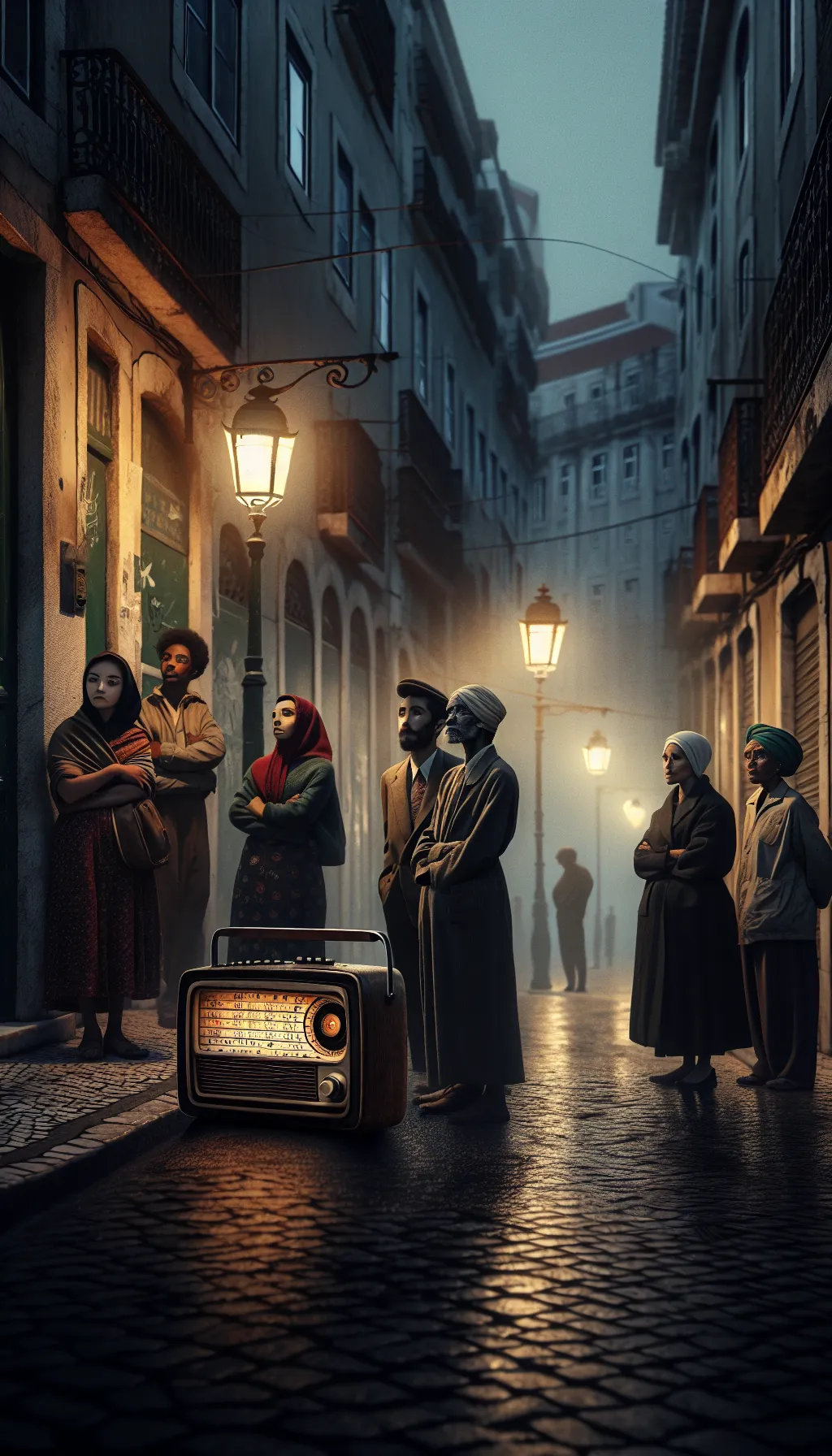Portugal – The Carnation Revolution: Portugal's Peaceful Uprising of 1974
TLDR;
- Event: On April 25, 1974, the Carnation Revolution began in Portugal, marked by the playing of “Grândola, Vila Morena” on the radio, signaling the start of a peaceful military coup.
- Cause: The revolution was fueled by decades of repression under the Estado Novo dictatorship and exhaustion from colonial wars in Africa.
- Unique Aspect: Unlike typical uprisings, soldiers and civilians united peacefully, with carnations placed in rifle barrels symbolizing the non-violent nature of the protest.
- Outcome: The dictatorship fell within a day, leading to the exile of Marcelo Caetano and the beginning of Portugal’s transition to democracy and decolonization of its African colonies by 1975.
–
Story
In the early hours of April 25, 1974, the streets of Lisbon were eerily quiet, save for the soft strains of a politically charged song crackling over the radio waves. ‘Grândola, Vila Morena,’ a tune symbolic of the opposition, signaled the start of a revolution that would change Portugal forever.

For nearly half a century, Portugal had been under the thumb of a repressive dictatorship. The Estado Novo, primarily led by António de Oliveira Salazar (1933–1968) and later Marcelo Caetano (1968–1974), stifled political freedom and clung to its colonial possessions in Africa. But beneath the surface, discontent simmered.
The turning point came with the military coup on April 25, 1974. Unlike the violent uprisings that marked much of the 20th century, this revolution was unique. The Movimento das Forças Armadas (MFA), a group of junior officers, spearheaded the uprising. Soldiers, many of whom were weary from colonial wars in Angola, Mozambique, and Guinea-Bissau, took to the streets not with guns blazing, but with carnations in their rifle barrels. The people of Portugal joined them, flooding the streets in a jubilant display of unity and hope.
By the end of the day, the regime had crumbled. Marcelo Caetano, who had taken refuge in the Carmo Barracks, surrendered after negotiations with General António de Spínola and was exiled to Brazil. The path to democracy was paved with flowers, not blood. The Carnation Revolution not only ended decades of dictatorship but also initiated the complex process of decolonization, which unfolded over the next year (1974–1975).
The peaceful nature of the revolution and its profound impact on Portugal and its former colonies make it a remarkable chapter in history. It serves as a testament to the power of peaceful protest and the enduring human spirit.
–
| Would a different approach have changed the course of the Carnation Revolution? |